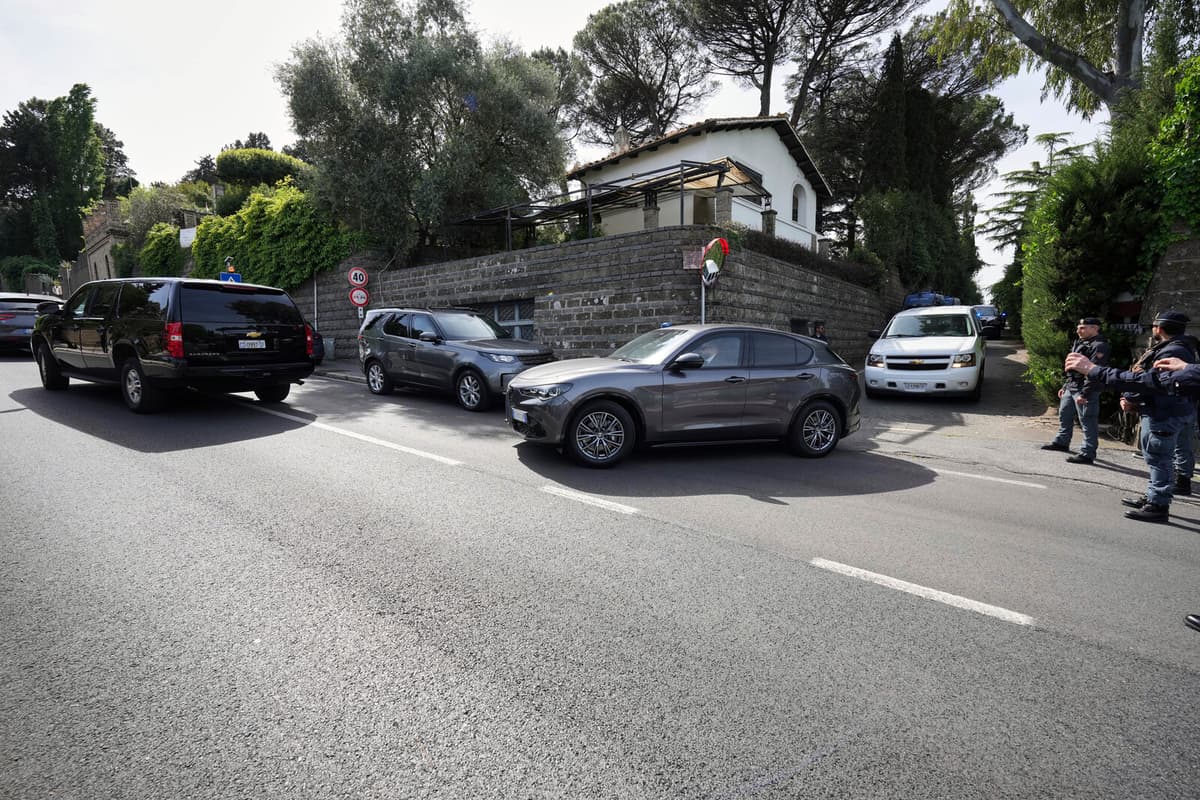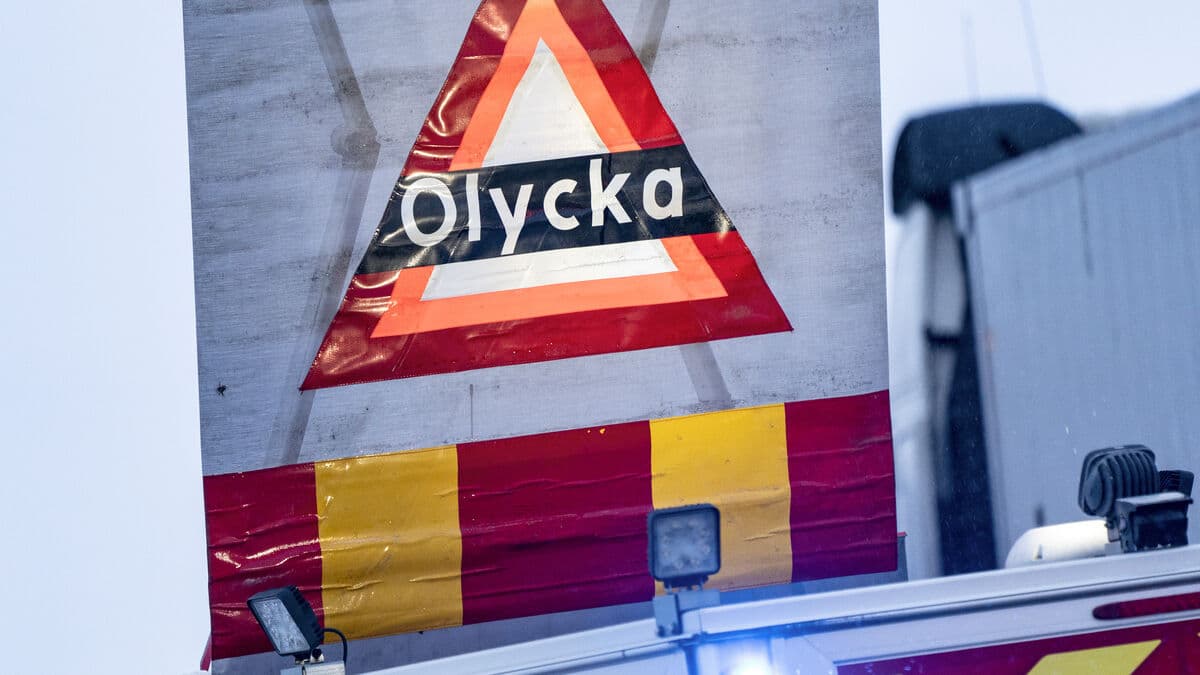Iran's Foreign Minister Abbas Araghchi and the US envoy Steve Witkoff met in Rome on Saturday for talks through intermediaries about Iran's nuclear energy program.
The parties met for the first time in Oman's capital Muscat a week ago. The talks in Rome began on Easter morning and ended just before 4 pm.
Iran's Foreign Ministry announced that a new round of talks will be held in Oman next Saturday.
I believe that on Wednesday, technical negotiations at the expert level will begin in Oman, and next Saturday, we will meet in Oman and review the results of the experts' work, says Araghchi to Iranian state TV.
The mediating country Oman hinted at some successes – at least regarding the goals of the meetings.
Critical Point
Both sides "have agreed to enter the next phase of discussions with the goal of reaching a just, sustainable, and binding agreement that ensures Iran is completely free from nuclear weapons and is not subject to sanctions", Oman's Foreign Ministry wrote in a statement on X.
It is also emphasized that Iran will be allowed to develop its nuclear energy program for civilian purposes.
Abbas Araghchi said during a visit to Moscow on Friday that Iran believes it is possible to reach an agreement with the US as long as the country is realistic.
In the balance lies, among other things, the lifting of sanctions against Iran, if the country reduces its ambitions to acquire nuclear weapons.
In an interview with French Le Monde on Wednesday, Rafael Grossi, head of the UN's atomic energy agency IAEA, warned that Iran would soon have access to a domestically produced nuclear weapon. Grossi, who met with high-ranking representatives of Iran in Tehran this week, says that the talks are "at a critical point" and that "there is not much time left" to secure an agreement.
"Red Line"
US President Donald Trump, who withdrew from the nuclear agreement JCPOA during his first term, has described military action against Iran as an absolute possibility if the talks do not go in the direction the US wants.
Analysts say that the US may also bring up Iran's ballistic missile program as well as the country's support for militant Islamists in the Middle East in the talks on a nuclear energy agreement.
But Iran's Revolutionary Guard announced earlier this week that all issues related to defense capabilities will be kept out of the talks.






